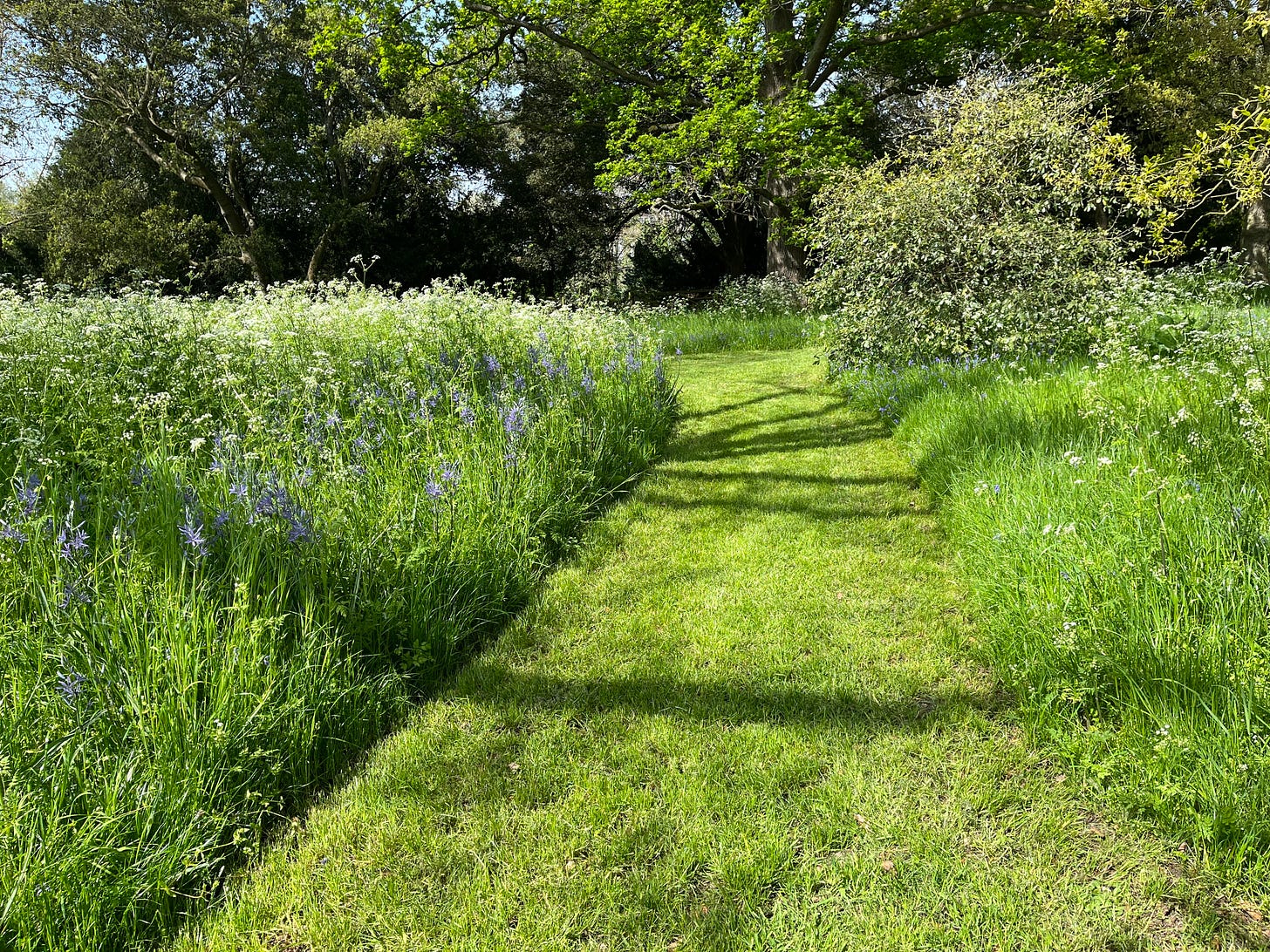Rethink is a newsletter for curious people who enjoy thinking differently. If you find value in the ideas, why not consider joining our paying supporters. I really value our Rethink community and all your support.
Dear Rethinkers (and welcome to new members of our community!),
This week’s newsletter is on something close to my hea…



